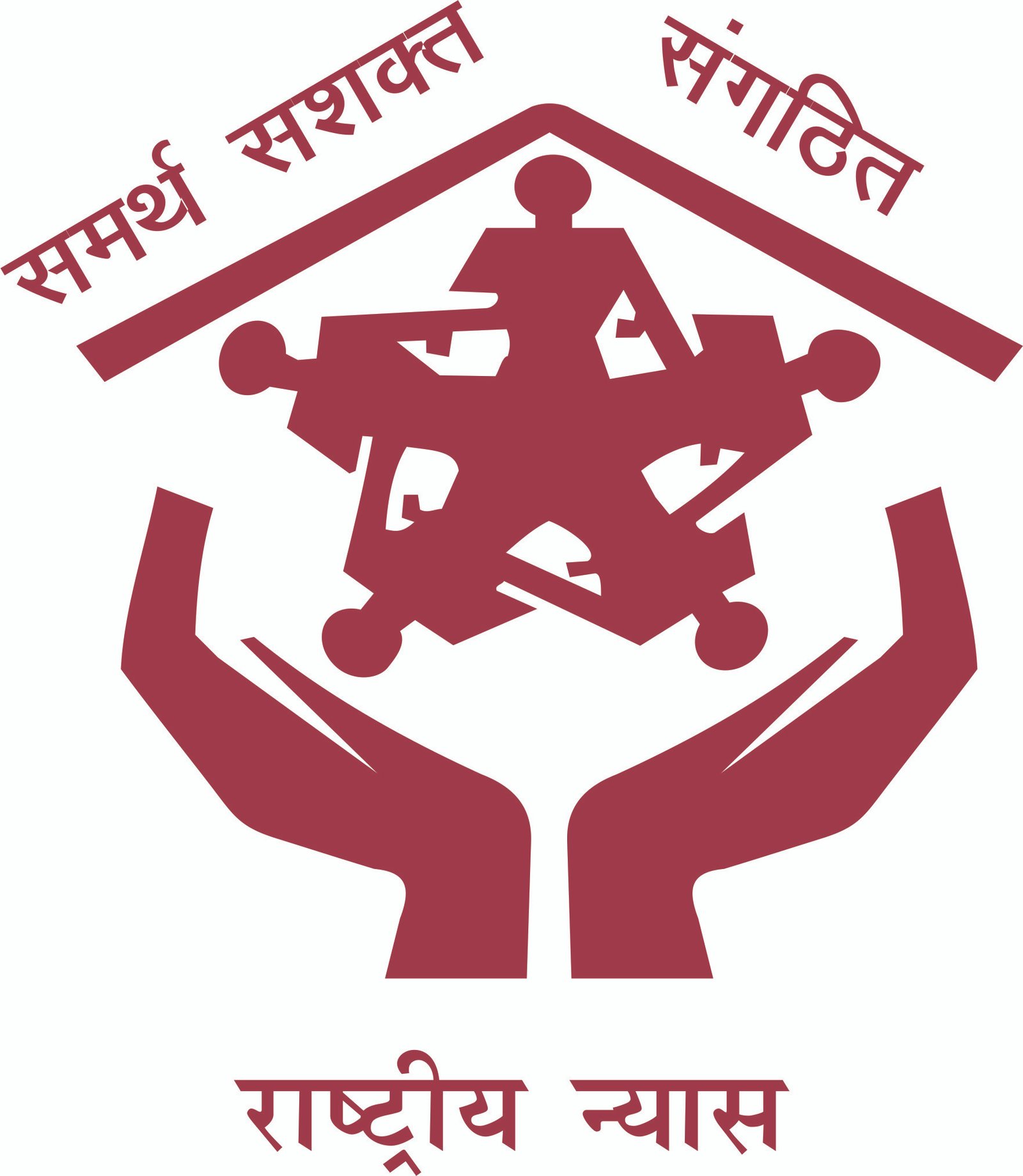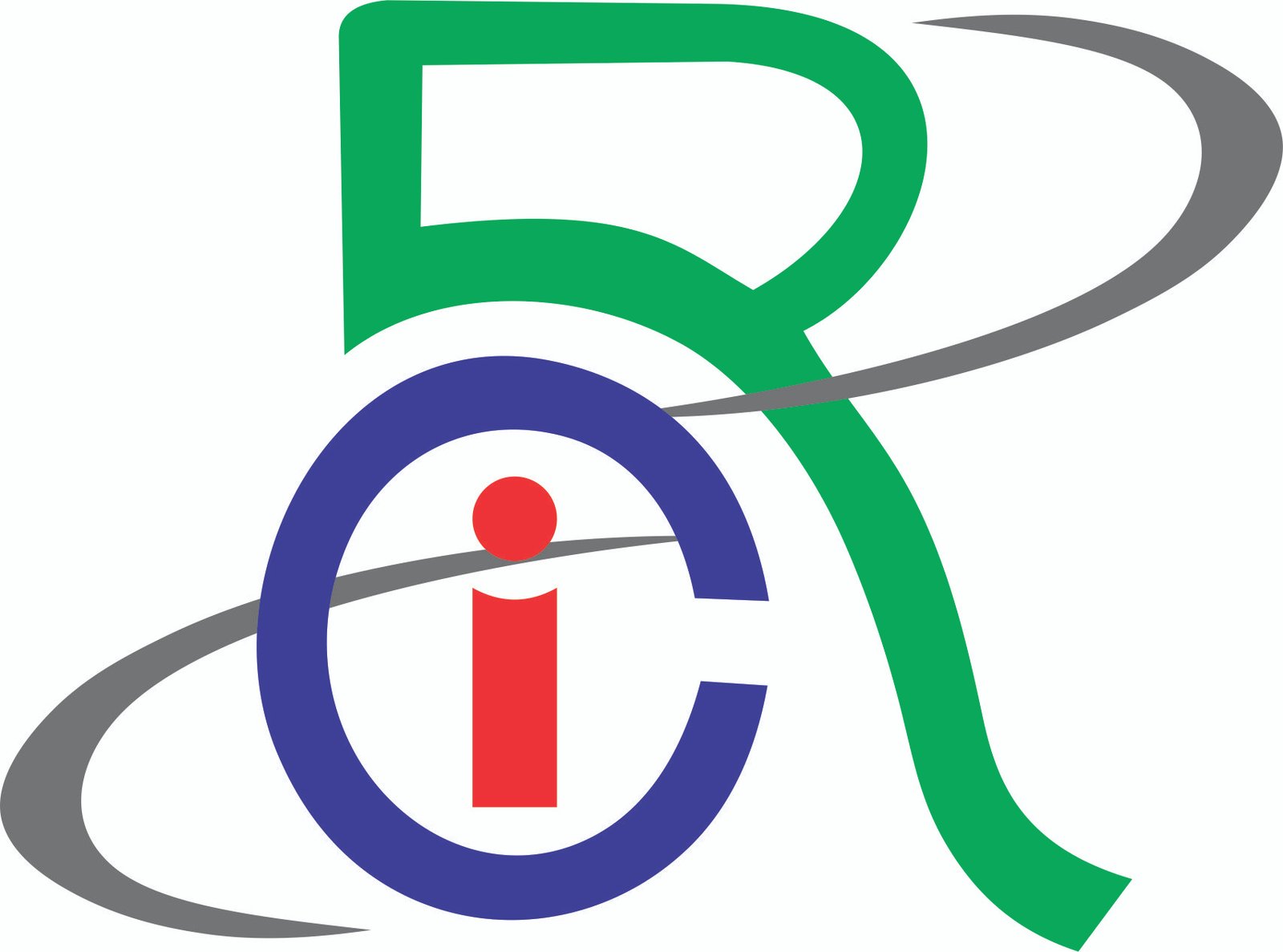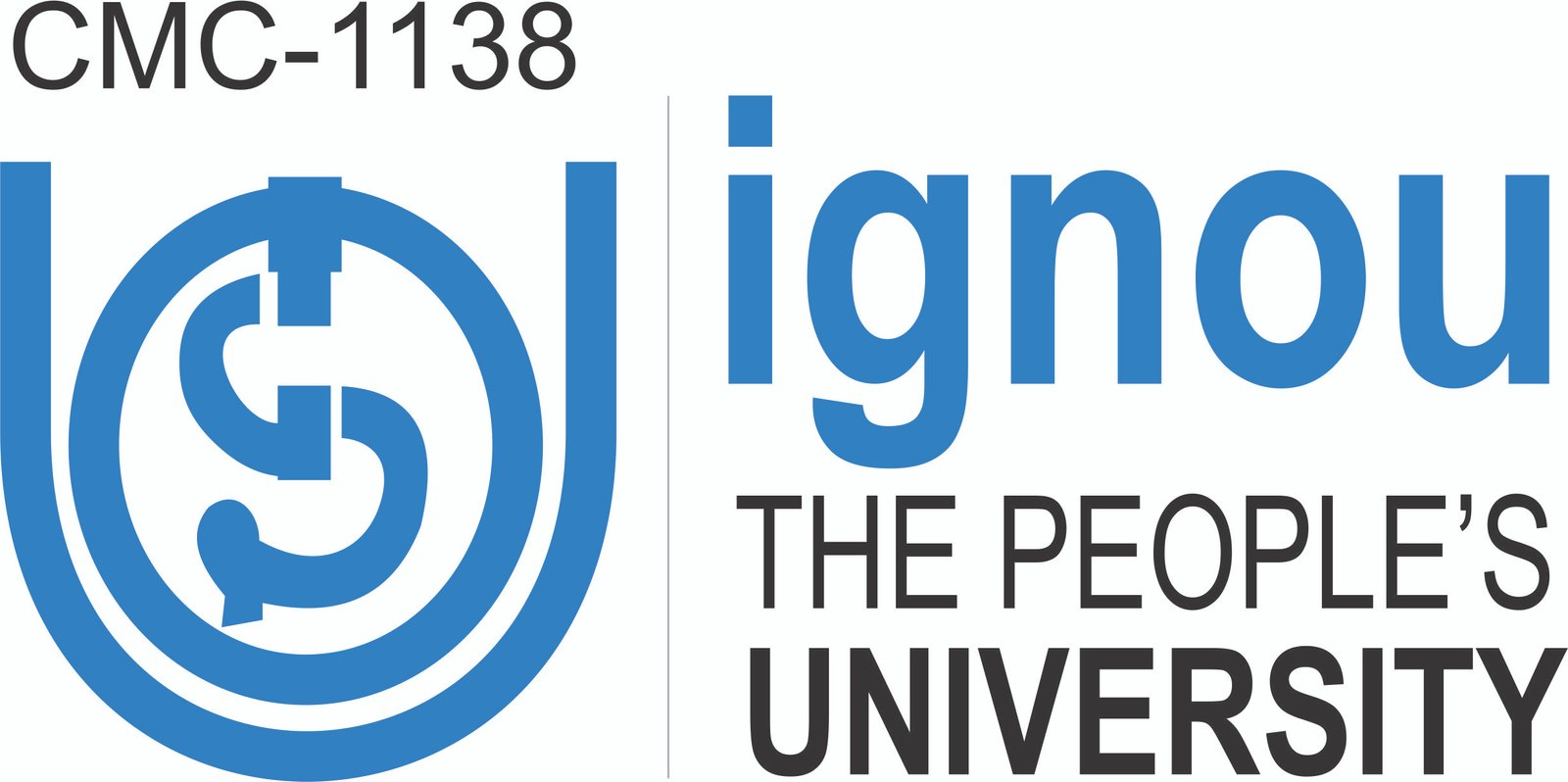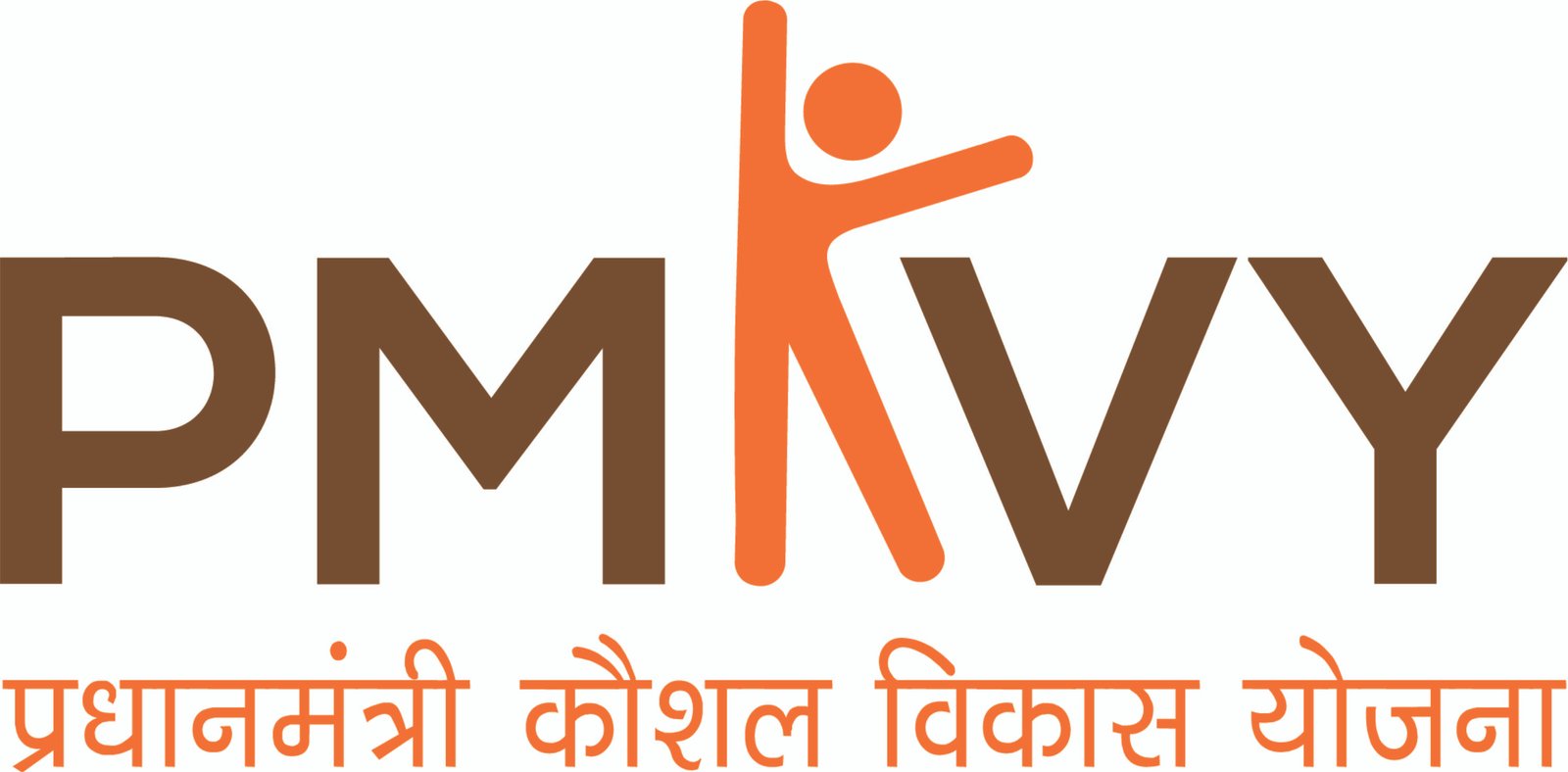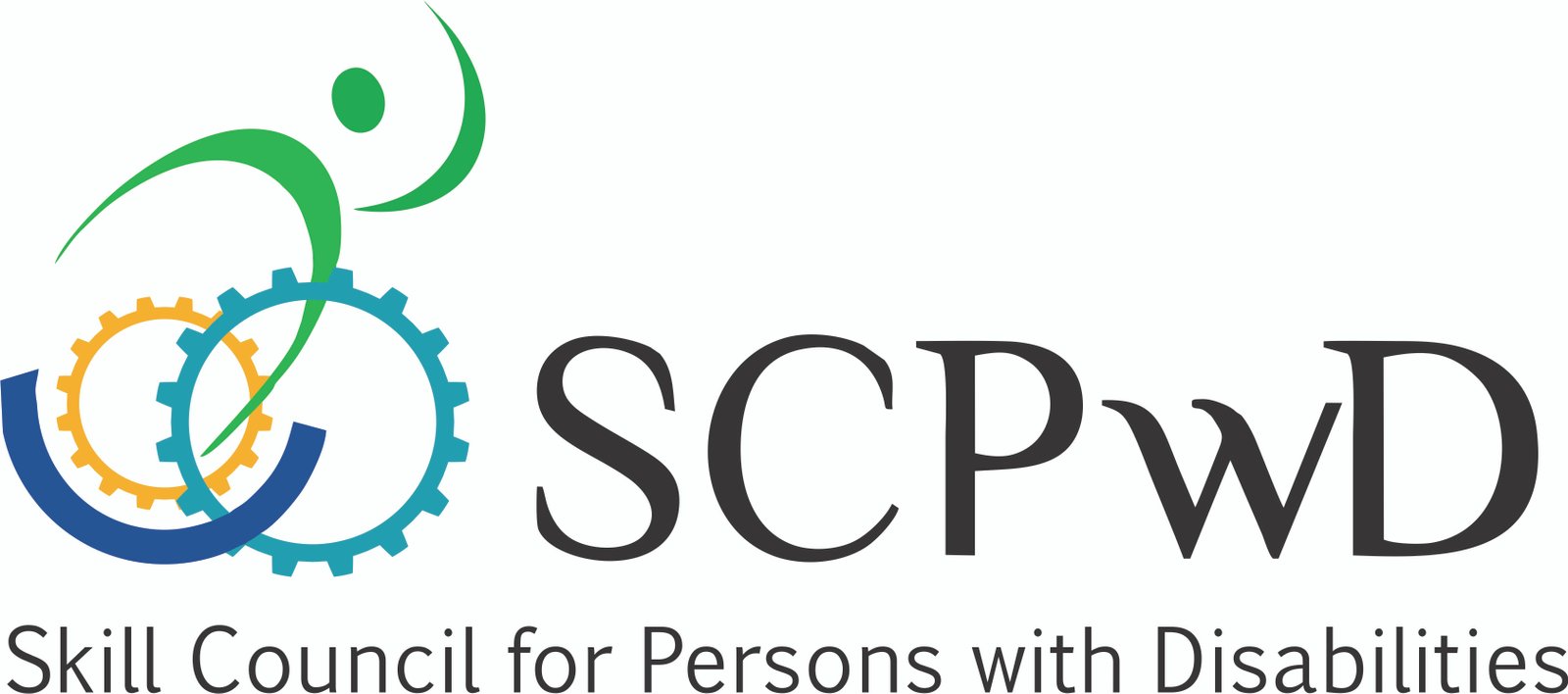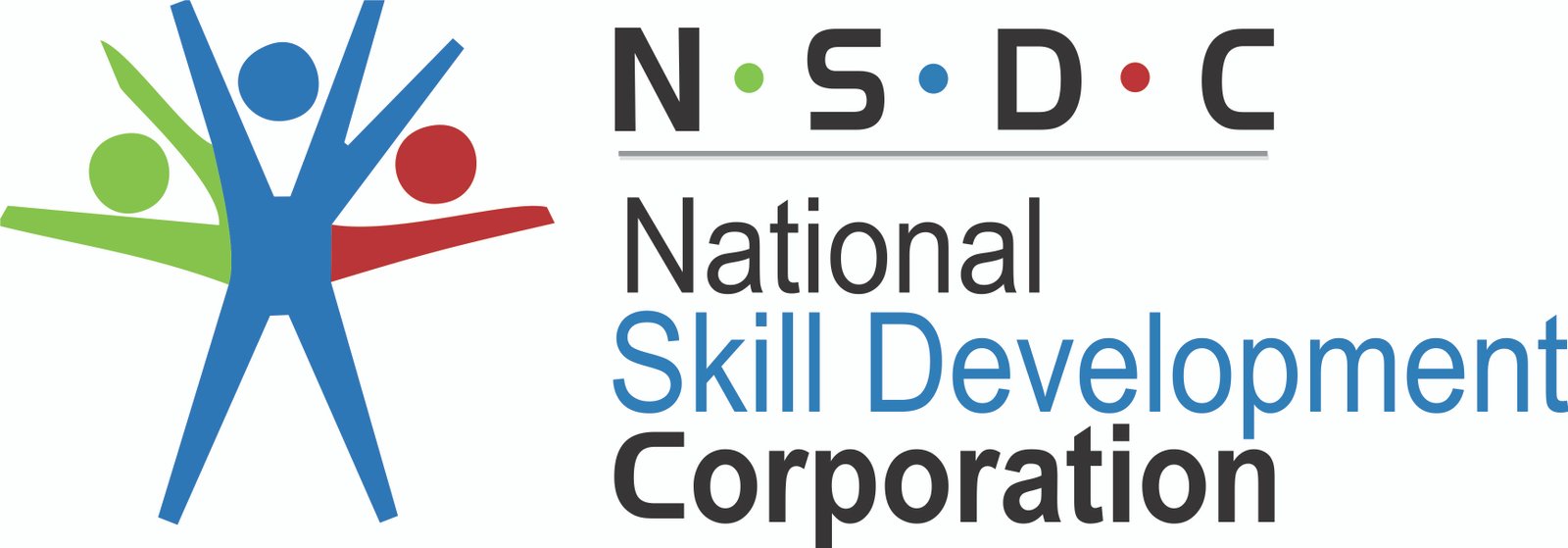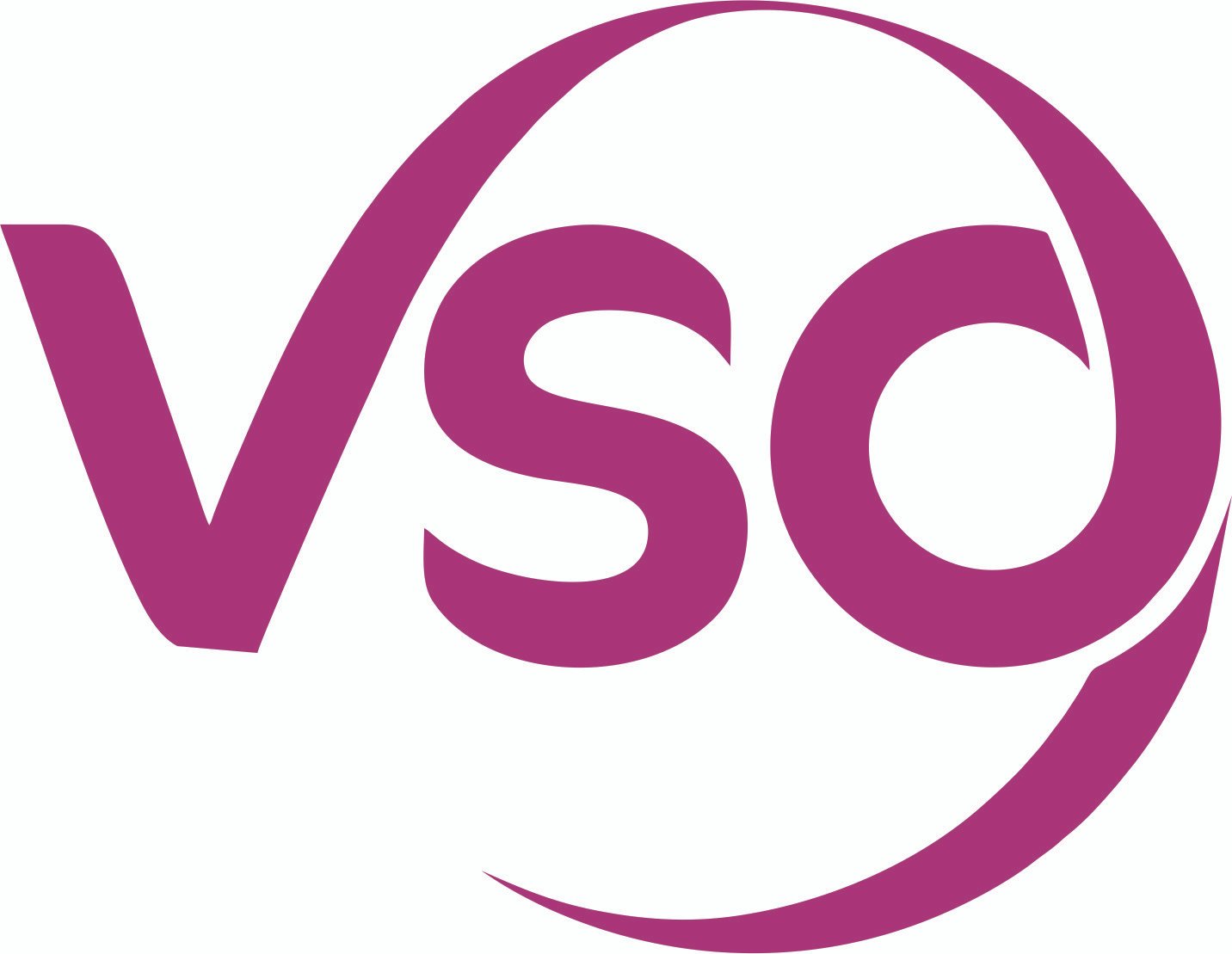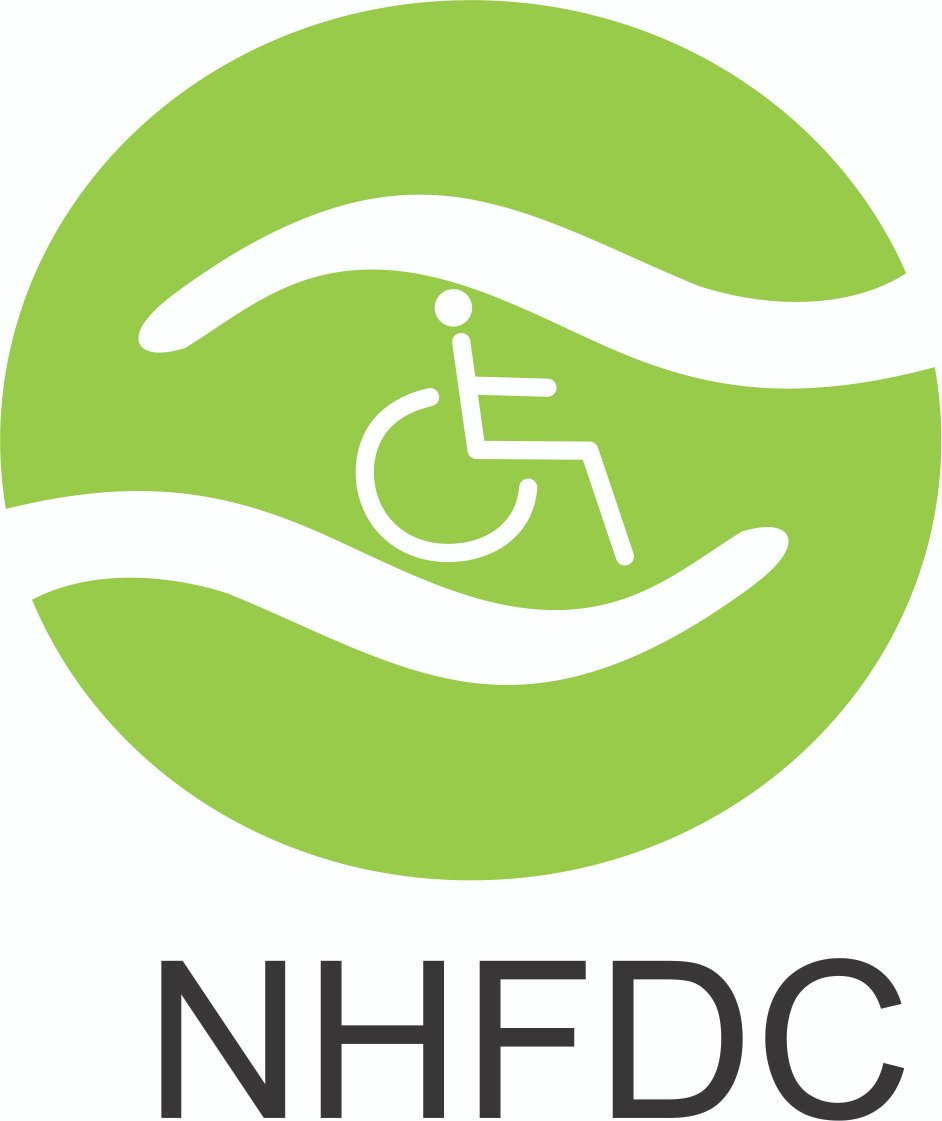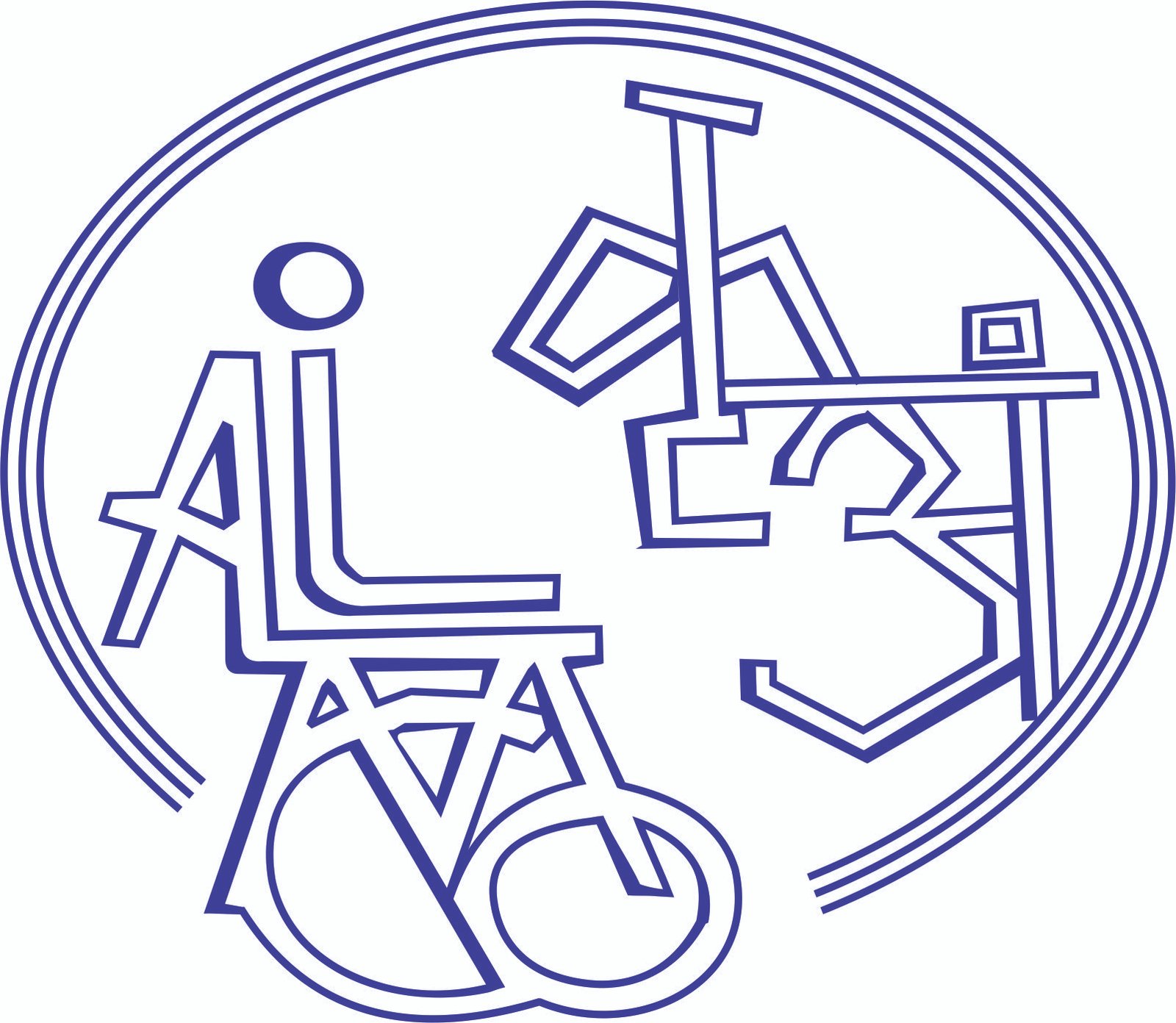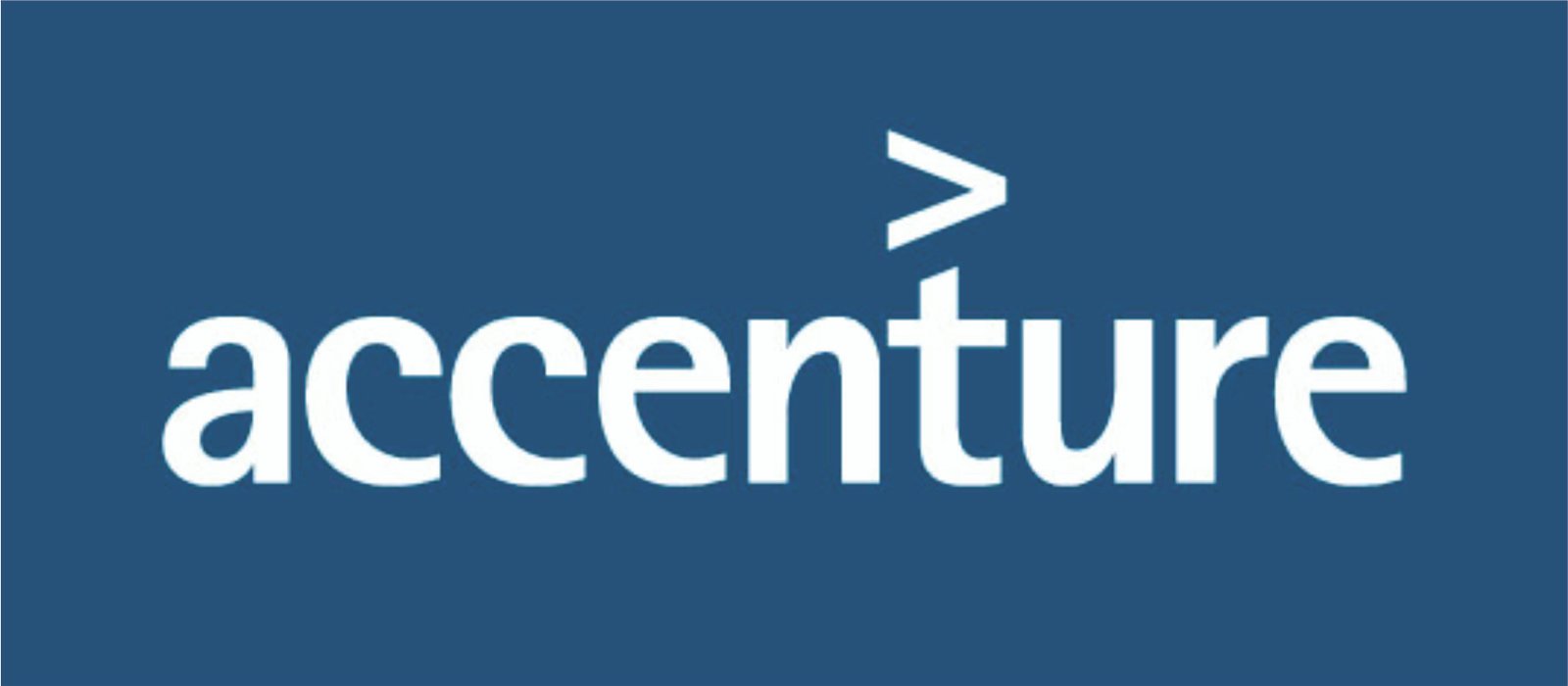Examination Accommodation for Students with Disabilities
Accommodations for exams allow students with disabilities to fairly represent their knowledge and skills while mitigating the impact of disability-related impairments. We follow the under guideline for conducting written examination for Persons with Benchmark Disabilities vide file no. 34-02/2015-DD-III, Government of India, Ministry of Social Justice & Empowerment, Department of Empowerment of Persons with Disabilities (Divyangjan). As define in terms of erstwhile Persons with Disabilities (Equal Opportunities, Protection for Rights and Full Participation) Act, 1995 vide OM no. 16-110/203-DD-III dated 26/03/2013 and Rights of Persons with Disabilities Act, 2016 (RPwD Act, 2016). There are several different types of accommodations that may be suggested based on the academic environment, the course objectives, and the abilities of the student. Arranging and providing accommodations is an interactive process between the student, faculty member, and staff of the Manovikas Institute of Higher Education (MIHE).
Altered Testing Conditions
|
Accommodation Type |
Examples of Why Accommodation is Necessary |
|
Alternative Testing Site |
Student for whom distractions significantly interfere with sustained attention and focus. Student uses accommodations that would distract others (e.g., speech-recognition software, use of a scribe). Student for whom clinical levels of generalized anxiety are debilitating. |
|
Auxiliary Aids |
Student with severe visual impairments, spinal cord injury or limited mobility of hand/arm and may need a scribe to write exam answers. Student with hearing impairment may need a sign language interpreter or real-time captioned to access oral instructions or oral exam materials. |
|
Extended Time |
Student who needs to use a variety of devices, methods, or scribes for reading or recording responses to exams require additional time to transfer answers or process material. Student with visual impairment who reads or records the exam in enlarged print or Braille may need extra time. Student with chronic illness or mental health disorder where symptoms of disability or side effects of medications result in lowered stamina or cognitive slowing may need added time. Student with a learning disability whose reading lacks automaticity in rate and fluency may require additional time. |
|
Breaks |
Student who is taking prescription medications to alleviate pain, or has diabetes may need breaks during an exam for ingestion of food or water. Student with traumatic brain injury may require short breaks to refocus. Student with a physical disorder may require movement to relieve muscle strain and tension. |
Use of Computer and/or Computer Devices
|
Accommodation |
Examples of Why Accommodation is Necessary |
|
Assistive Technology |
Student with visual impairment may use text recognition program that converts printed text to voice in order to listen to examination questions. Student who has restricted use of hands or student with a learning disability may use a computer with speech-recognition software to write (dictate) exams. |
Logistics
|
Testing Accommodations |
How it works |
|
Alternative Testing Site |
Student is to arrange the testing space and exam start/end time directly with faculty or teaching staff. |
|
Exam Laptops ("scrubbed" laptop) |
Requested by student and arranged by the MIHE Accommodations Coordinator. Laptop is picked up by faculty or teaching staff. Request in written application |
|
Auxiliary Aids |
Requested by student and arranged by the MIHE Accommodations Coordinator. Request in written application |
|
Extended Times and Breaks |
Accommodation Letter specifies additional time for exams or breaks. Student is expected to take exam within specified conditions. |
|
Assistive Technology |
Requested by student and arranged by the MIHE Accommodations Coordinator. Request in written application |







